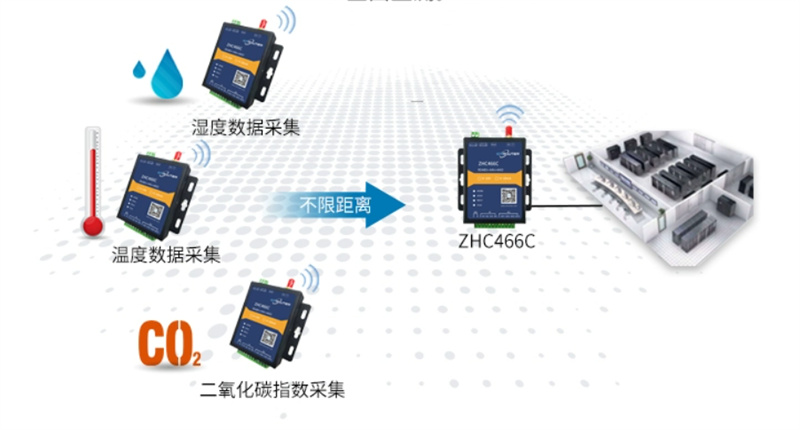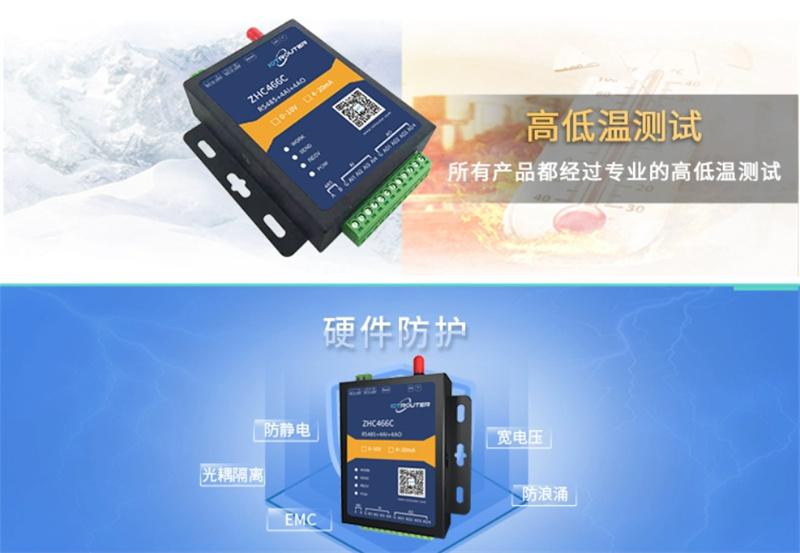De verschillen en toepassingen tussen AI-chips en gewone chips

Ordinary chips, also known as general-purpose chips or traditional chips, refer to chips used in various general-purpose terminal products and embedded systems. It usually has some basic computing and control functions, but its computing power and efficiency are limited for complex artificial intelligence tasks. As a special-purpose chip, the design and optimization of AI chips are more focused on applications in the field of artificial intelligence. With a large number of built-in neural networks and dedicated hardware accelerators, they can achieve more efficient and faster computing and deep learning functions.
Compared with ordinary chips, AI chips have the following main differences:
1.AI chips have more powerful computing capabilities. Ordinary chips usually adopt the traditional von Neumann architecture, which is mainly used for sequential processing and simple computing tasks. AI chips use more advanced computing architecture and cache technology to support parallel computing and large-scale data processing, and can complete complex deep learning tasks in a shorter time.

2.AI chips have higher energy efficiency ratio. Because AI chips are specifically optimized for artificial intelligence applications, their hardware design and layout are more refined and can use energy and resources more efficiently. In comparison, ordinary chips will show a lower energy efficiency ratio due to energy waste and improper resource utilization when processing complex AI tasks.
3.AI chips have better parallel computing capabilities. In deep learning and machine learning tasks, a large number of matrix calculations and vector operations are inevitable. Through built-in parallel computing units and hardware accelerators, AI chips can process multiple tasks and data streams at the same time, providing more efficient parallel computing capabilities.
Applications of AI chips
1. In smartphones and other mobile devices, AI chips can support functions such as face recognition, speech recognition, and natural language processing, improving user experience and device intelligence.
2. In the fields of autonomous driving and robotics, AI chips can process large-scale sensor data and image information to achieve real-time perception and decision-making capabilities.
3. AI chips also play an important role in fields such as medical image analysis, financial risk control, and intelligent security. It can process huge amounts of data in a short time and extract key information through deep learning algorithms to provide scientific basis for decision-making.
In short, there are obvious differences between AI chips and ordinary chips in terms of computing power, energy efficiency ratio and parallel computing capabilities. AI chips have broad application prospects in fields such as artificial intelligence, machine learning, and deep learning, bringing more intelligent possibilities to all walks of life. In the future, with the continuous advancement of technology and the expansion of applications, AI chips will become an important driving force in promoting the development of artificial intelligence.